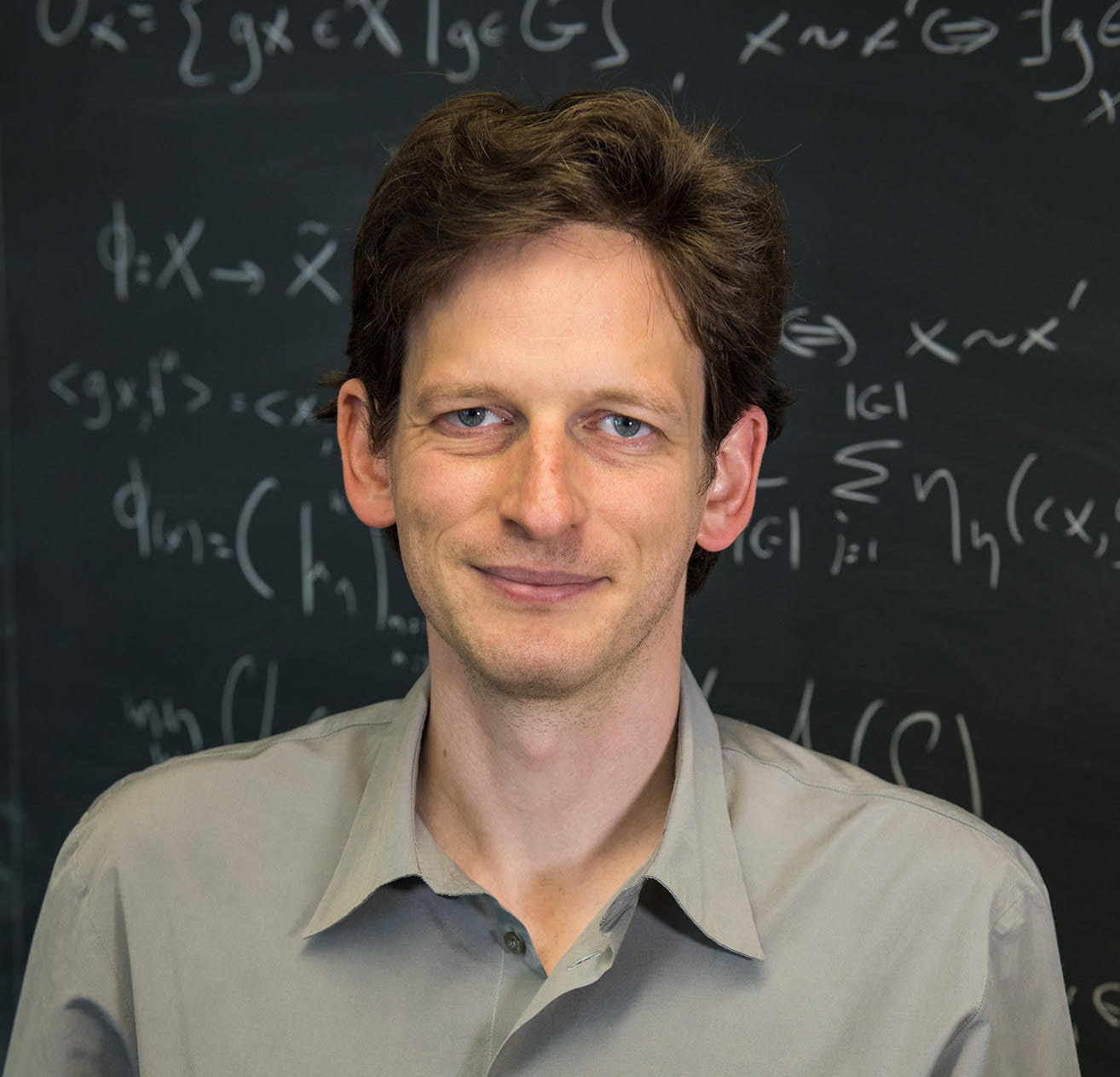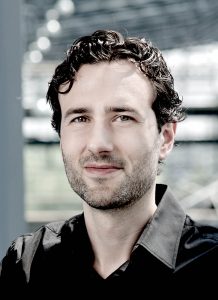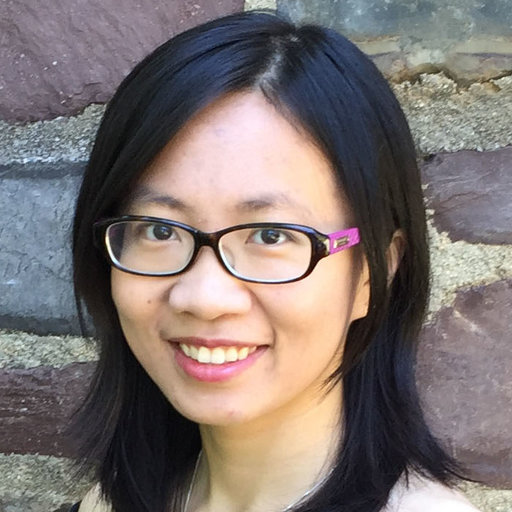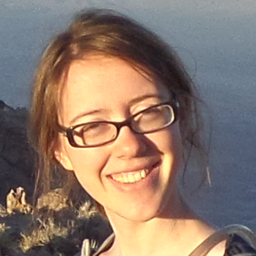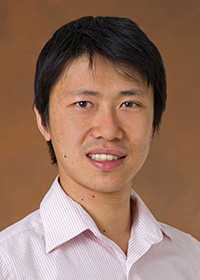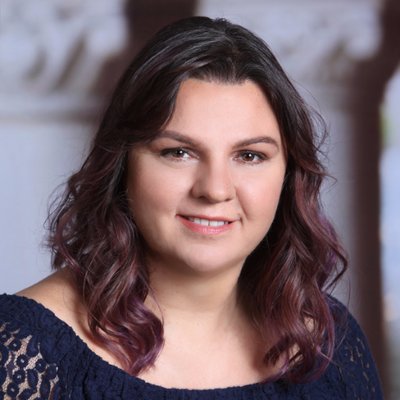Speakers and Panelists
|
|
Tomer Ullman is an Assistant Professor at Harvard’s Department of Psychology. He head the Computation, Cognition, and Development lab, with a focus on intuitive theories and people’s common-sense reasoning about physics and psychology. He is also a member of the Center for Brains, Minds and Machines. |
|
|
|
Kyle Cranmer is a Professor of Physics and Data Science at New York University and Executive Director of the Moore-Sloan Data Science Environment at NYU. His background is in experimental particle physicists working, primarily, on the Large Hadron Collider, based in Geneva, Switzerland. Professor Cranmer obtained his Ph.D. in Physics from the University of Wisconsin-Madison in 2005 and his B.A. in Mathematics and Physics from Rice University. He was awarded the Presidential Early Career Award for Science and Engineering in 2007 and the National Science Foundation’s Career Award in 2009. Kyle Cranmer developed a framework that enables collaborative statistical modeling, which was used extensively for the discovery of the Higgs boson in July, 2012. His current interests are at the intersection of physics, statistics, and machine learning. |
|
|
|
Karen Liu is an Associate Professor in the Computer Science Department at Stanford University. Prior to joining Stanford, Liu was a faculty member at the School of Interactive Computing at Georgia Tech. She received her Ph.D. degree in Computer Science from the University of Washington. Liu’s research interests are in computer graphics and robotics, including physics-based animation, character animation, optimal control, reinforcement learning, and computational biomechanics. She developed computational approaches to modeling realistic and natural human movements, learning complex control policies for humanoids and assistive robots, and advancing fundamental numerical simulation and optimal control algorithms. The algorithms and software developed in her lab have fostered interdisciplinary collaboration with researchers in robotics, computer graphics, mechanical engineering, biomechanics, neuroscience, and biology. Liu received a National Science Foundation CAREER Award, an Alfred P. Sloan Fellowship, and was named Young Innovators Under 35 by Technology Review. In 2012, Liu received the ACM SIGGRAPH Significant New Researcher Award for her contribution in the field of computer graphics. |
|
|
|
Nils Thuerey is an Associate Professor at Technical University of Munich (TUM). He works in the field of computer graphics, with a particular emphasis on physically-based animation. One focus area of his research targets the simulation of fluid phenomena, such as water and smoke. These simulations find applications as visual effects in computer generated movies and digital games. Examples of his work are novel algorithms to make simulations easier to control, to handle detailed surface tension effects, and to increase the amount of turbulent detail. After studying computer science, Nils Thuerey acquired a PhD for his work on liquid simulations in 2006. He received both degrees from the University of Erlangen-Nuremberg. Until 2010 he held a position as a post-doctoral researcher at ETH Zurich. He received a tech-Oscar from the AMPAS in 2013 for his research on controllable smoke effects. Subsequently, he worked for three years as R&D lead at ScanlineVFX, before he started at TUM in October 2013. |
|
|
|
Shuran Song is an Assistant Professor in the Department of Computer Science at Columbia University in New York. Her research interests lie at the intersection of computer vision, and robotics. She earned her Ph.D. degree in Computer Science at Princeton University in 2018. Before that, she received a BEng. in Computer Science from HKUST in 2013. During her Ph.D., she spent time working at Microsoft Research and Google. She was awarded the Facebook Fellowship in 2014, Siebel Scholar in 2016, Wallace Fellowship in 2017, and Princeton SEAS Award for Excellence in 2017. She was part of the MIT-Princeton team for the Amazon Robotics Challenge, winning the 3rd place in 2016 and 1st place (stow task) in 2017. |
|
|
|
Kelsey Allen is a Research Scientist at DeepMind. She completed her PhD under the supervision of Josh Tenenbaum in the Computational Cognitive Science group at MIT, and received her B.Sc. from the University of British Columbia in Physics. |
|
|
|
Kenneth Tran is the CEO and founder of Koidra - an autonomous agriculture startup. Before Koidra, Kenneth was a Principal Applied Scientist in the Machine Learning Group, Microsoft Research (MSR). While at MSR, he led the Sonoma team, winning the first autonomous greenhouse challenge (2018), becoming the only AI team that outperformed expert Dutch growers. Kenneth was also a co-founder and lead mentor of the internal Microsoft AI School. Kenneth received his Ph.D. in Computational and Applied Mathematics from The University of Texas at Austin in 2012. |
|
|
|
Masahiro (Hiro) Ono is the Group Leader of the Robotic Surface Mobility Group at NASA Jet Propulsion Laboratory. His broad interest is centered around the application of autonomy for space missions, with an emphasis on enhancing the safety, efficiency, and performance of robotic mobility though the applications of risk-aware decision making and machine learning. Since he joined JPL in 2013, he has led a number of research projects on Mars rover autonomy, as well as three NIAC studies on Enceladus Vent Explorer (Phase I and II) and Comet Hitchhiker (Phase I). Hiro was a flight software developer of M2020’s Enhanced AutoNav and the lead of M2020 Landing Site Traversability Analysis. He also led the development of a machine learning-based Martian terrain classifier, SPOC (Soil Property and Object Classification), which won JPLs Software of the Year Award in 2020. Hiro received his PhD in Aeronautics and Astronautics froom Massachusetts Institute of Technology in 2012. |
|
|
|
Aleksandra Faust is a Senior Staff Research Scientist and Reinforcement Learning research team co-founder at Google Brain Research. Her research interests include safe and scalable reinforcement learning, learning to learn, motion planning, decision-making, and robot behavior. Previously, Aleksandra founded and led Task and Motion Planning research in Robotics at Google, machine learning for self-driving car planning and controls in Waymo, and was a senior researcher in Sandia National Laboratories. She earned a Ph.D. in Computer Science at the University of New Mexico (with distinction). Her work has been featured in the New York Times, PC Magazine, ZdNet, VentureBeat, and was recognized with Best Paper awards in several leading machine learning and robotics research venues. |
|
|
|
Michael Roberts is a Senior Research Associate at Cambridge University and leads the algorithm development team for the global COVID-19 AIX-COVNET. This collaboration is developing open-source artificial intelligence tools that combine chest imaging data, clinical and laboratory data to support the diagnosis, triaging and treatment planning for COVID-19 in the UK. Previously, Michael was Postdoctoral Fellow at AstraZeneca. He received his PhD from the University of Liverpool, UK in 2019. |
